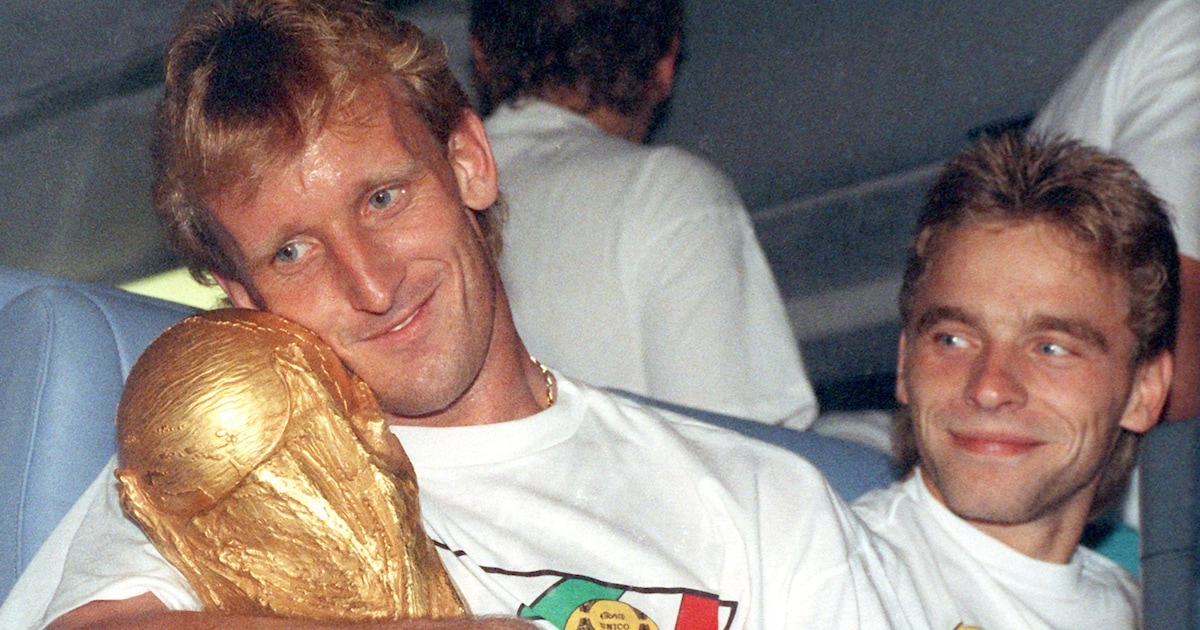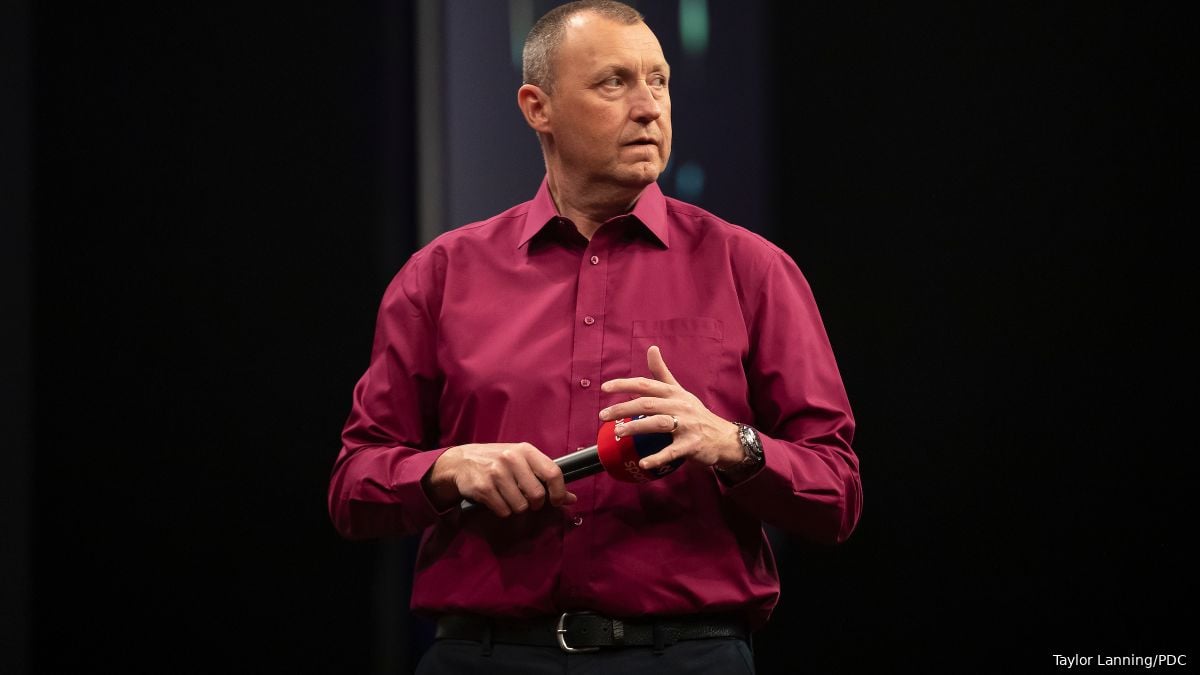Brehme died suddenly on Monday evening of a heart attack, his colleague confirmed to German news agency DPA. Hamburger has been active in recent years as an ambassador on behalf of the German Football Association, but in history books he will mainly appear in the chapter on the 1990 World Cup in Italy.
The Dutch team traveled to Italy in good spirits. They had been European champions two years earlier and, what’s more, star players such as Van Basten, Rijkaard and Gullit (all three from Milan) were much fitter than in 1988. Many considered the Dutch team to be favourites.
It turned out that the situation was different, partly because the KNVB ignored the player group’s wishes to elect Johan Cruijff as national coach and appointed Leo Beenhakker. The Netherlands drew all of their group stage matches, but were still allowed to advance to the final eight as one of the best number three teams. There they met West Germany, a country that had been triumphantly beaten in the semifinals two years earlier – in Brehme’s Hamburg.
German three from Milan
The eighth final was a memorable match, especially because of the ‘spitting incident’. Frank Rijkaard couldn’t contain himself when German striker and provocation champion Rudi Völler was sent off. On his way to the bathroom, Rijkaard, who was also red, spat in his hair.
West Germany had its own ‘three Milans’. Captain Lothar Matthäus, Jürgen Klinsmann and Brehme play for Inter, rivals of Dutch trio AC Milan. After Klinsmann gave West Germany the lead, Brehme reached the Dutch elimination final with a clever shot. The penalty that Ronald Koeman fired one minute before the match ended did not change anything.
This became the Brehme tournament. The left wing-back also scored in the semi-final against England and converted the first penalty in the series which Germany won. In the final against Maradona’s Argentina, Brehme scored the only goal from a penalty five minutes from the end and brought his country to its third world title.
Penalty with left and right
Brehme began his career in 1980 in the German second tier with FC Saarbrücken. Through FC Kaiserslautern and Bayern Munich he went to Inter in 1986, where he had his best period. He won Serie A, the UEFA Cup and was the Italian Footballer of the Year. After a year at Spanish club Real Zaragoza, he ended his career at Kaiserslautern in 1998. He played 86 international matches for Germany (West) and attended three World Cups.
If currently the defender is a playmaker who often has to enter the opponent’s defense area, in the 1980s and 1990s it was the defender who had to block the winger. Brehme is an exception: the steaming along the sidelines seems to have been invented by him. He was praised for his crosses and powerful shots.
He could do it on both legs: he could almost walk on two legs. He scored the deciding penalty in the 1990 World Cup final with his right hand, but four years earlier at the World Cup he scored the penalty against Mexico with his left foot.
After his playing career, he was (assistant) coach for several years at Kaiserslautern, Unterhaching and Stuttgart. Brehme is the second top footballer to have to say goodbye to Germany in a short time. In January, the greatest German footballer of all time, Franz Beckenbauer, national coach at the 1990 World Cup and a good friend of Brehme, died. “I think he will form a magic triangle in heaven with Pele and Maradona,” Brehme said at Beckenbauer’s farewell ceremony.

“Typical tv ninja. Pop culture lover. Web expert. Alcohol fan. Wannabe analyst. General bacon aficionado.”







